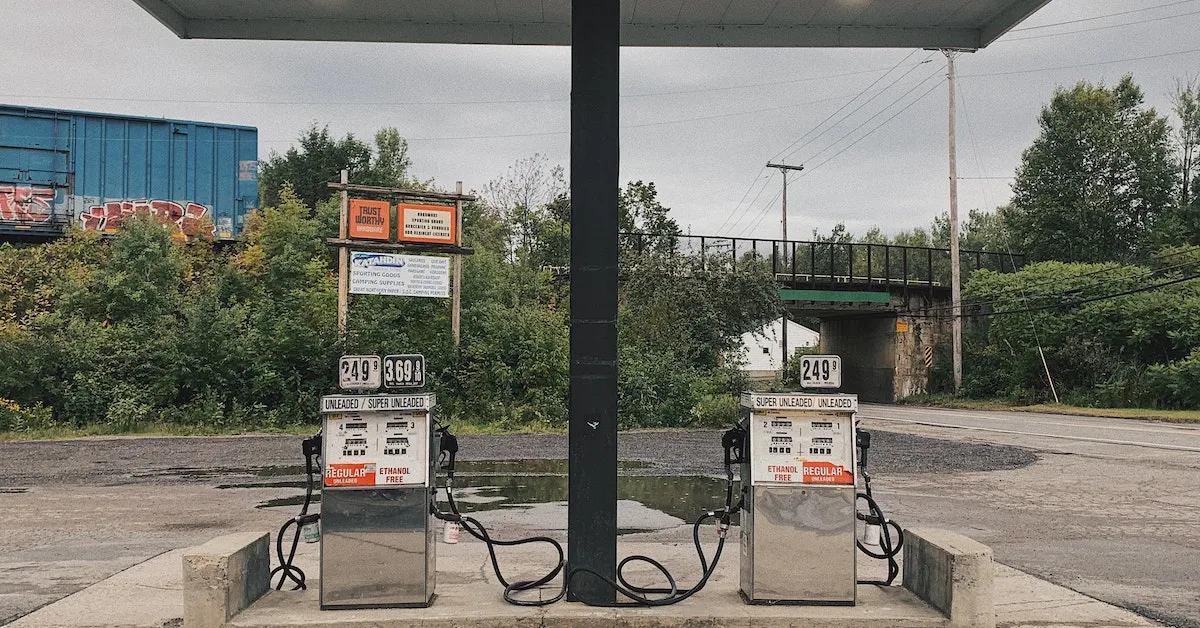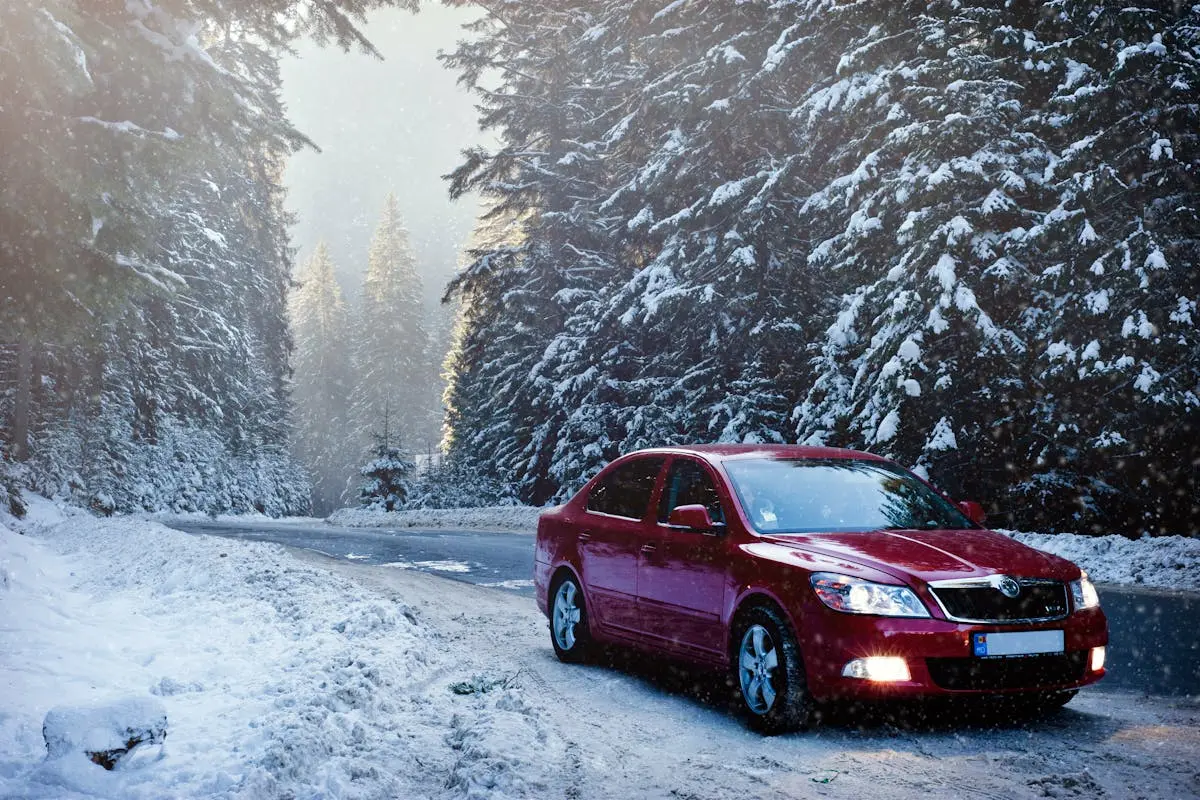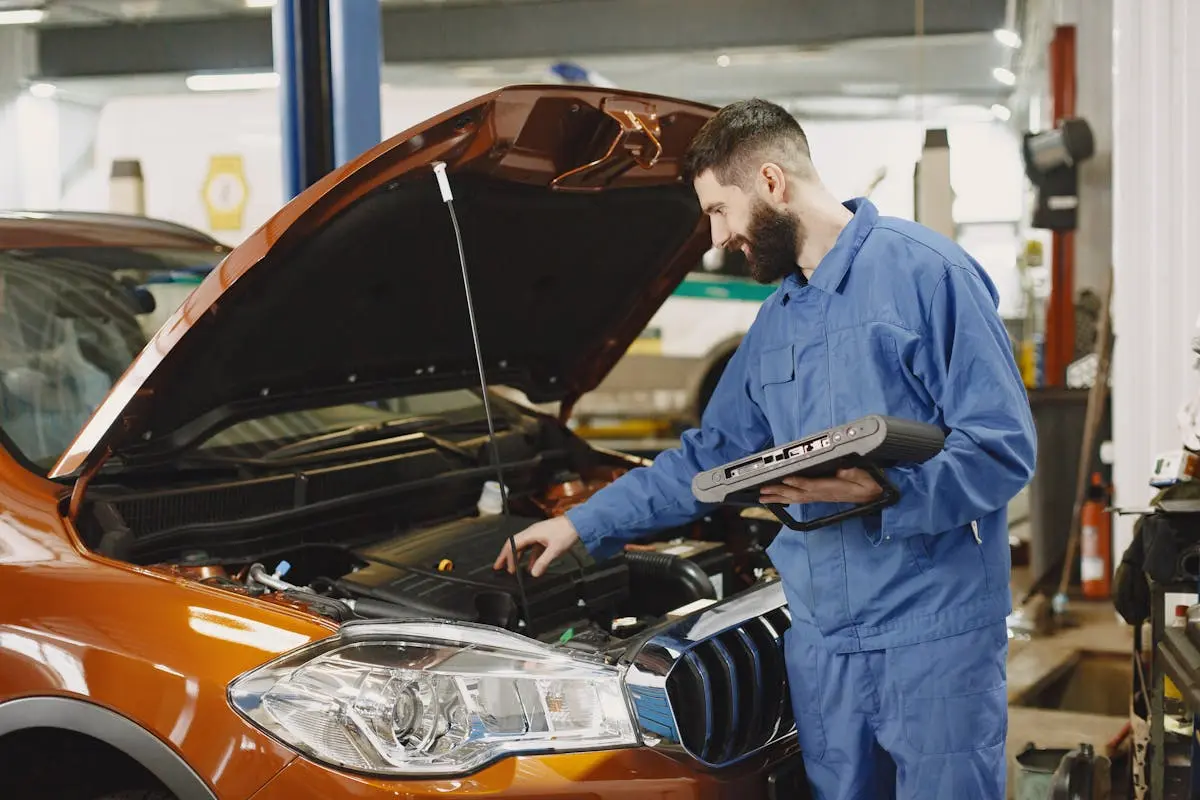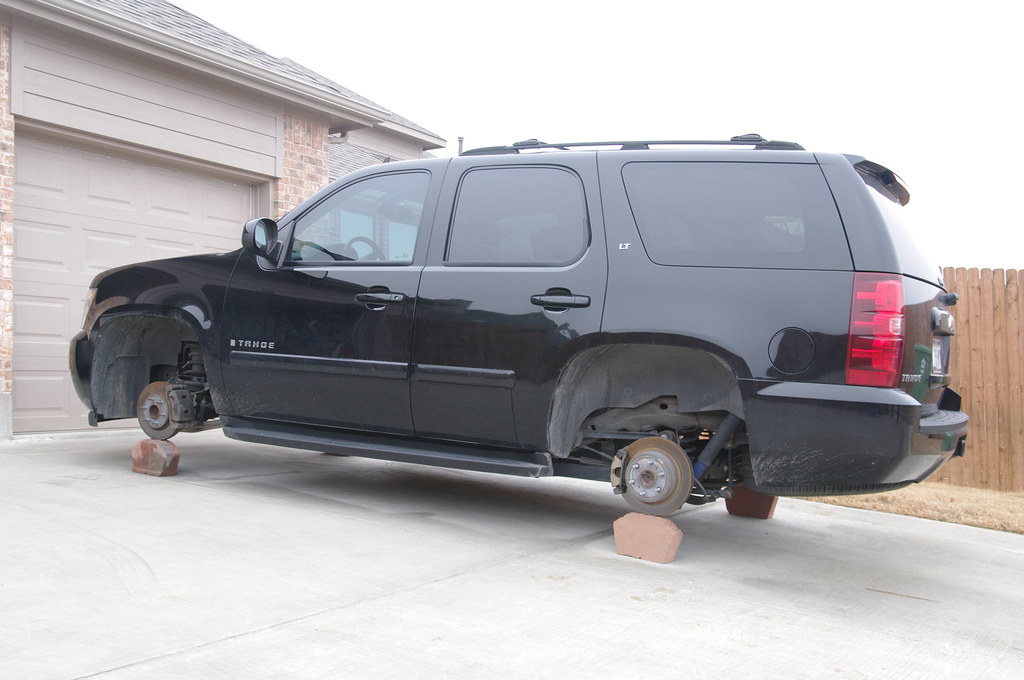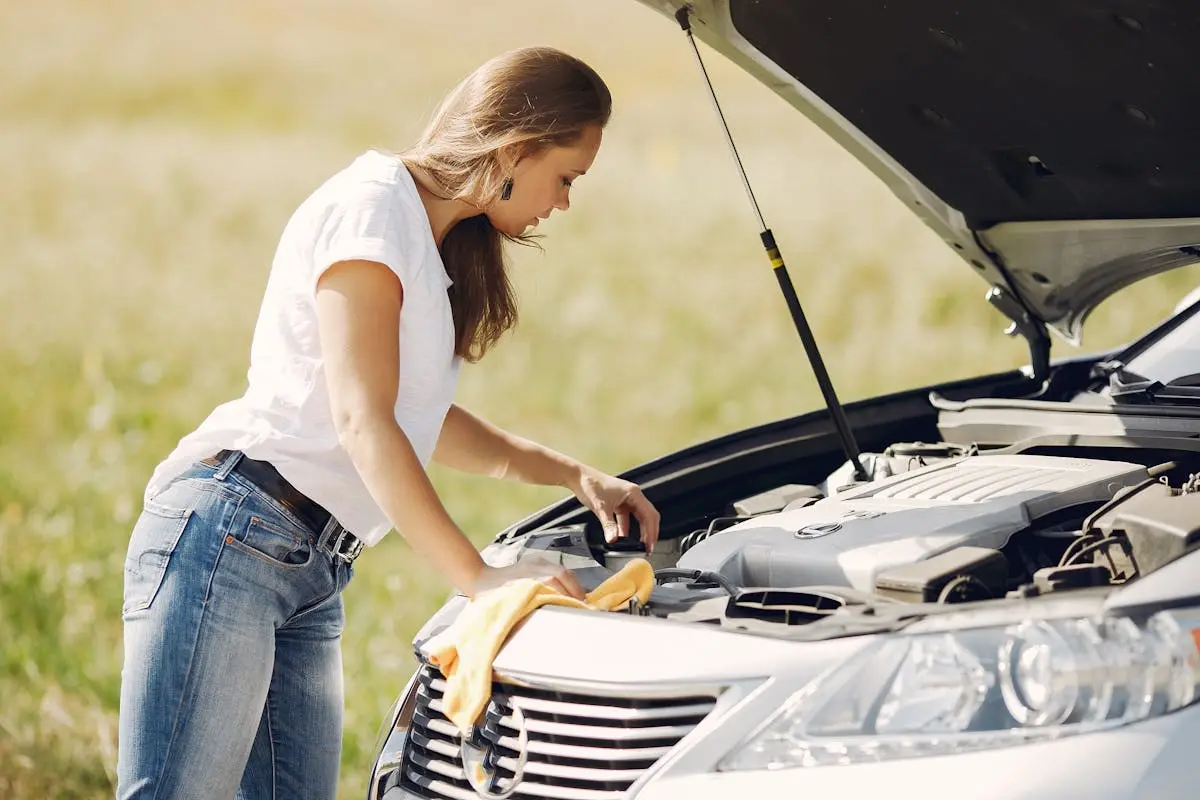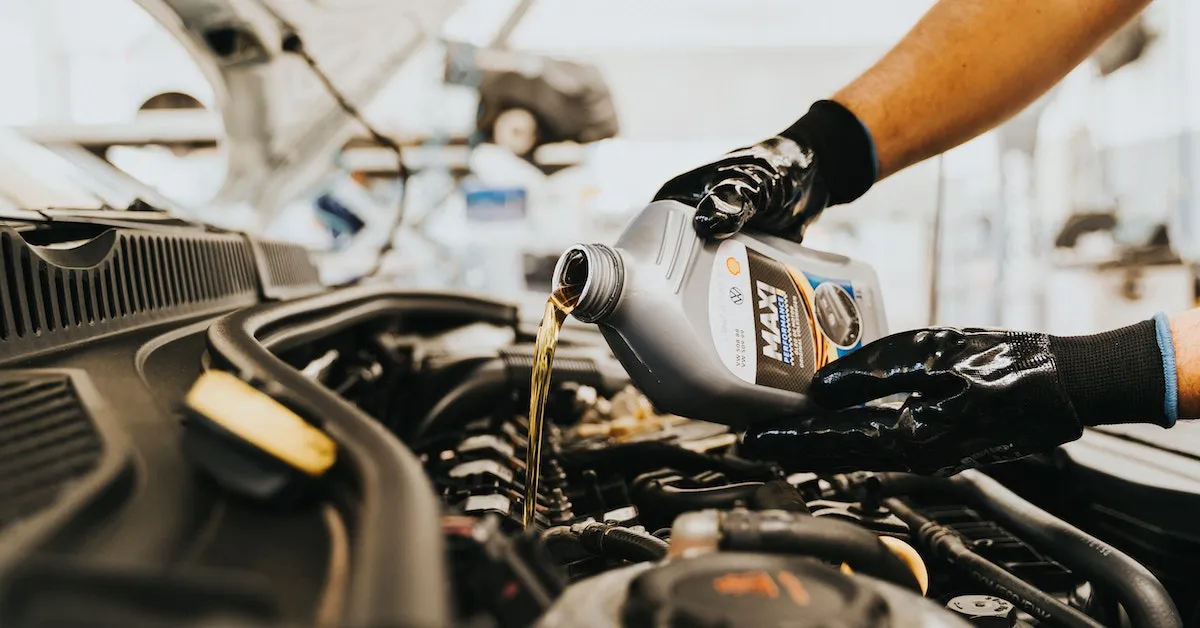When I was a new driver I used to buy premium fuel for my car because I thought “Hey, it’s PREMIUM so it’s gotta be good, right? I only want the very best for my car”! At that time the vehicle I owned required regular, low octane fuel, for some reason I felt that adding premium would give me more power, run better, and possibly provide better fuel economy. As you know, premium fuel costs more but it doesn’t provide any benefits that you’ve been told by that mystical car guru.
Here’s the truth
Do you want to know exactly what type of fuel to use? Just look in the owner’s manual or the sticker behind the fuel door. If it instructs you to use low octane fuel such as: (87 octane) just use that. If it instructs you to use premium fuel: (91 or higher) ONLY use that. The engineers who designed your engine know exactly what is needed for it to perform properly. So why spend extra money if you don’t have to?
Using the proper fuel
If you use a lower octane fuel for an engine designed for high octane (premium) fuel you could possibly cause engine damage. And just a friendly FYI, if the manufacturer concludes that your engine is damaged due to low octane fuel you are 100% responsible for the repairs. A technician can read the vehicle’s computer data and find the knock values out of range. That type of feedback received by the computer occurs only when low octane fuel is present. Therefore, the warranty only applies to a manufacturer’s defect. To clarify, if using fuel that was not recommended by the manufacturer is the cause of an engine failure, that is not a defect. It’s no different than skipping a few oil changes, damaging your engine, and then expecting the dealership to take care of it.
Using the wrong fuel
Be aware if your vehicle was designed to operate on diesel, E85, or something else. If you are not 100% sure what fuel to use don’t guess and then assume everything will be ok. If you ran out of fuel and now are stranded, the first thing you need to do is verify what type of fuel your vehicle needs. Check your owner’s manual. The next thing you can do is call AAA or your vehicle insurance company to send Roadside Assistance to deliver fuel to you. There is typically no extra charge for this service.
Making good decisions
As time goes by, we are forced to become educated consumers and sometimes learn the hard way. But I hope this information is exactly what you needed to read and encourages you to make wise decisions. If you haven’t looked through your owner’s manual in a while, I encourage you to take a peek, perhaps you’ll be intrigued with what you find. And while you’re at it, look through your vehicle sales/purchase documents too, you might find that you paid for an extended warranty and didn’t realize it.
One last thought about fuel. Quality is just as important as octane. See if your gas station is on this list, if not, you may want to consider an alternative.
Pro Tip:
If you have a wholesale club near you such as Costco, consider getting a membership. Or check out fuel reward cards from Shell or other big brands, it may just save you hundreds of dollars every year!
Learn more about high quality fuel at: TopTierGas.com

